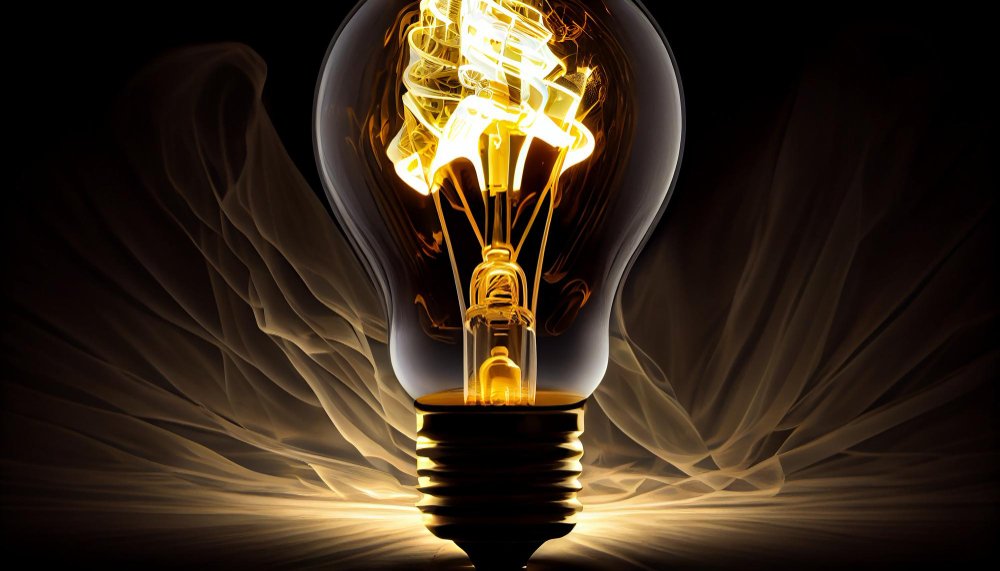Overview: When was Electricity Discovered
Situasi ID – When was Electricity Discovered? One of the basic elements of nature, electricity powers our contemporary world in ways that we often take for granted. However, how did the discovery of electricity alter human society and when was it made? Investigating the history of electricity shows an engrossing voyage of invention, effect on society, and discovery.
Electricity: what is it?
The flow of charged particles like electrons produces electricity, a kind of energy. It may appear as lightning, static electricity, or current flowing through conductive materials, among other manifestations.
Initial Findings
Static electricity observations
Since ancient times, people have witnessed electrical occurrences. The Greeks found that rubbing amber on fur caused it to attract light things, which is a primitive kind of static electricity.
An ancient understanding of electricity
Electricity was intuitive to ancient societies, such as the Mesopotamians and Egyptians. They noticed that certain fish, such the electric catfish, could produce electric shocks and employed these species for therapeutic reasons.
18th-Century Innovations
Franklin’s lightning experiments
By proving that lightning is electrical in nature, Benjamin Franklin’s well-known kite experiment from 1752 offered significant new insights into the physics of lightning. His research paved the way for our current understanding of electricity as a natural phenomena.
The discovery of capacitors and the Leyden jar
Pieter van Musschenbroek and Ewald Georg von Kleist’s creation of the Leyden jar in 1745 was a crucial turning point in electrical exploration. When needed, this primitive kind of capacitor could release its stored electrical charge.
19th-Century Progress
The creation of the battery by Volta
Alessandro Volta created the voltaic pile, the first useful battery, in 1800. By offering a reliable supply of energy for scientific research, this discovery transformed electrical experimentation.
The electromagnetic induction principles of Faraday
The discovery of electromagnetic induction was the result of pioneering research conducted by Michael Faraday in the early 1800s. His rules established the foundation for using magnetic field movement to generate energy, opening the door for contemporary power production.
Impact of the Industrial Revolution
The Industrial Revolution and the importance of electricity
During the Industrial Revolution, the Industrial Revolution’s use of electricity to power machinery resulted in a revolution in production and efficiency. A revolution in transportation, agriculture, and the textile and textile industries, electric motors took the place of steam engines.
Electrical engineering breakthroughs
Electrical engineering made significant strides in the 19th century with the invention of the electric motor, telegraph, and electric lights. These changes prepared the groundwork for society’s electrification in the next decades.
Contemporary Uses
Energy for both homes and businesses
By supplying energy to households, companies, and industries, the widespread use of electricity in the 20th century transformed everyday living. The widespread use of electric heating, lighting, and appliance systems improved convenience and comfort.
Sustainability and renewable energy sources
The importance of renewable energy sources, such solar, wind, and hydropower, has increased recently. These environmentally friendly substitutes seek to lessen reliance on fossil fuels and lessen the negative effects of traditional energy production on the environment.
Upcoming prospects
Technological advancements in electricity
Electrical technology breakthroughs are advancing a number of industries, including smart grid systems and electric cars. Novel technological advancements such as nanoelectronics and quantum computing might potentially lead to further revolutionary discoveries.
The pursuit of better energy efficiency
There are initiatives in place to decrease waste in the production and use of power and to increase energy efficiency. The goal of grid optimization, smart infrastructure, and energy storage innovations is to build a more robust and sustainable energy environment.
Effects on the Community: When was Electricity Discovered?
The social and economic effects of electricity
Widespread access to electricity has had a significant impact on society and the economy, boosting economic expansion, raising living standards, and facilitating communication and connection across borders.
Global initiatives towards electrification and accessibility
There are still millions of people without access to power worldwide, despite tremendous advancements. By 2030, efforts like the UN Sustainable Development Goal 7 seek to guarantee that everyone has access to modern, reasonably priced energy services.
Environmental Issues: When was Electricity Discovered?
Taking up environmental issues
Along with greenhouse gas emissions, the use of fossil fuels to generate energy also pollutes the air and water. Mitigating environmental deterioration requires adopting energy-efficient techniques and switching to renewable energy sources.
Sustainable methods for producing energy
Achieving long-term environmental sustainability requires investments in sustainable infrastructure and renewable energy technology. We can slow down climate change and protect the environment for coming generations by putting a higher priority on renewable energy and implementing eco-friendly activities.
In summary: When was Electricity Discovered?
The discovery and use of electricity have had a profound impact on human history, launching a period of unheard-of advancement and creativity. Electricity has illuminated our world from ancient observations to contemporary uses, and it will continue to do so and motivate future generations to power a better tomorrow.
FAQs: When was Electricity Discovered?
- Why did people get interested in electricity?
Ancient civilizations were curious in the qualities of electricity because they had seen natural events like lightning and static electricity. - When was the first electric battery developed?
In 1800, Alessandro Volta created the voltaic pile, the first useful battery, which completely changed the electrical engineering industry. - What are the environmental effects of electricity?
Although producing power from fossil fuels has many advantages, it also exacerbates climate change and pollutes the air and water. Making the switch to renewable energy sources is essential to reducing these negative effects on the environment. - Which electrical technology advances may we expect in the future?
Advances in energy storage, smart grid systems, renewable energy, and electric vehicles are some of the future developments in electrical technology that will help build a more efficient and sustainable energy ecology. - Why is it necessary that everyone have access to electricity?
Encouraging economic growth, raising living standards, boosting healthcare and educational opportunities, and encouraging global networking and communication all depend on having universal access to energy. - What part may people play in energy conservation?
Adopting energy-efficient habits at home, such as using energy-efficient appliances, insulating buildings, and cutting down on energy waste, may help individuals contribute to energy conservation.

